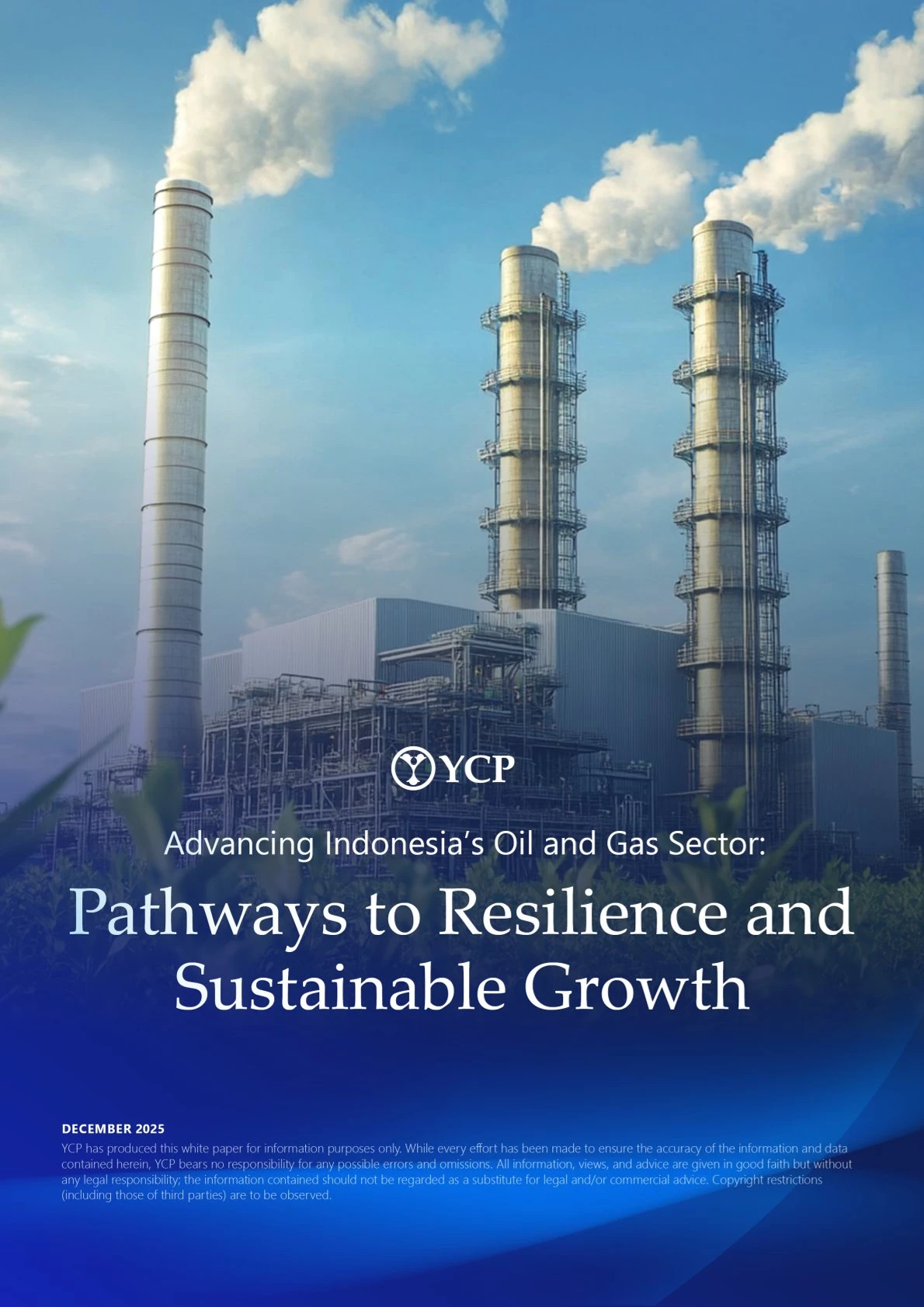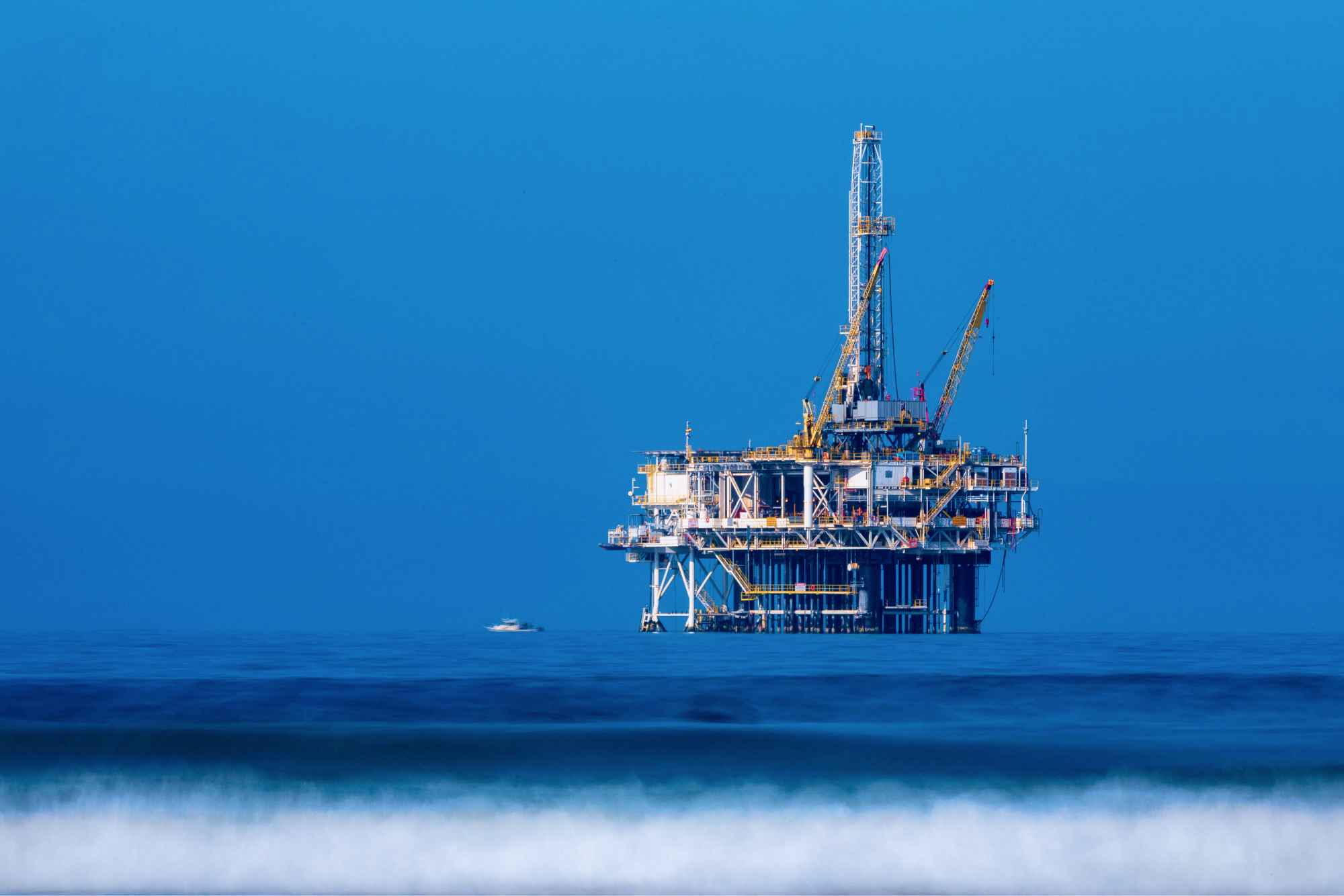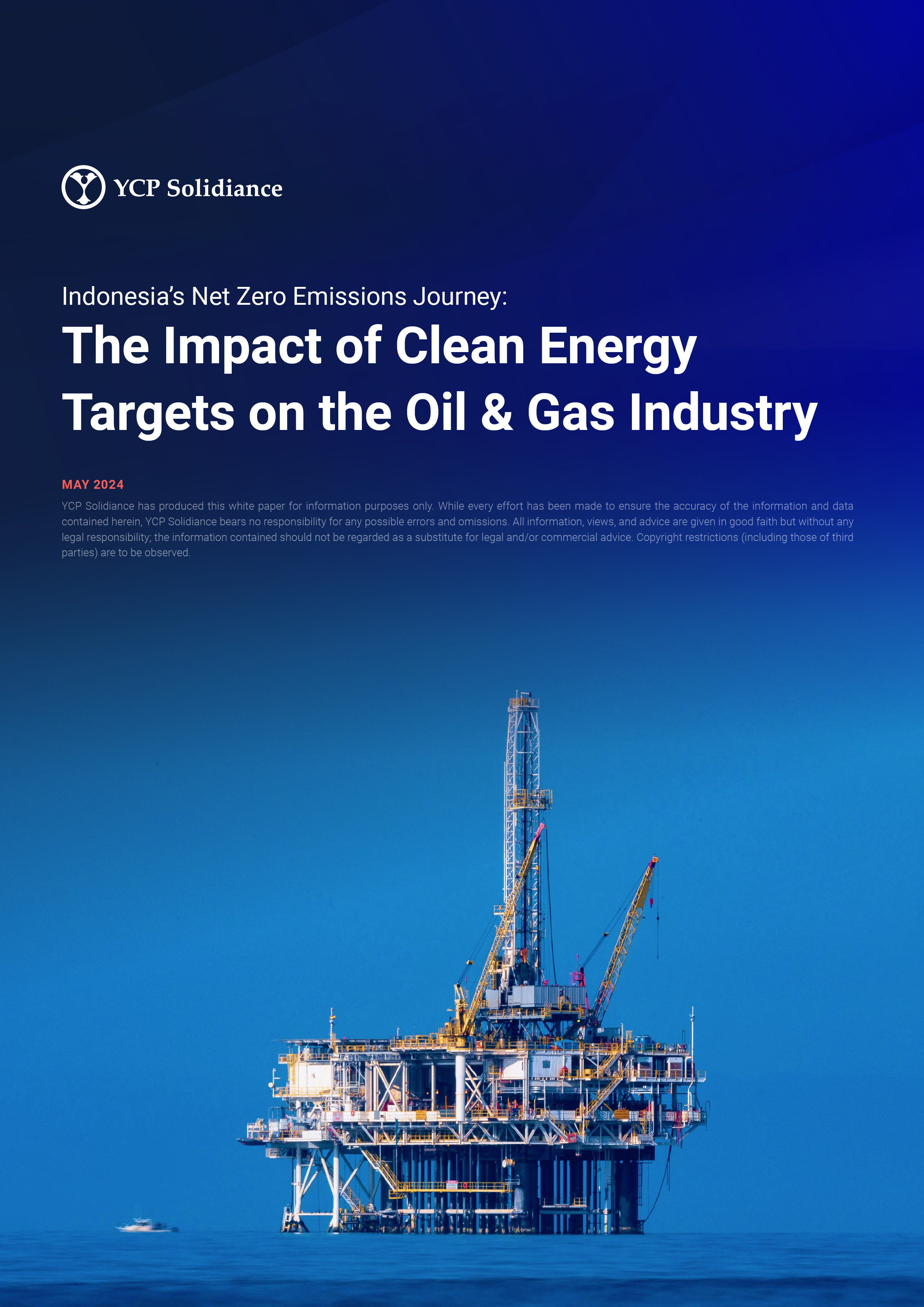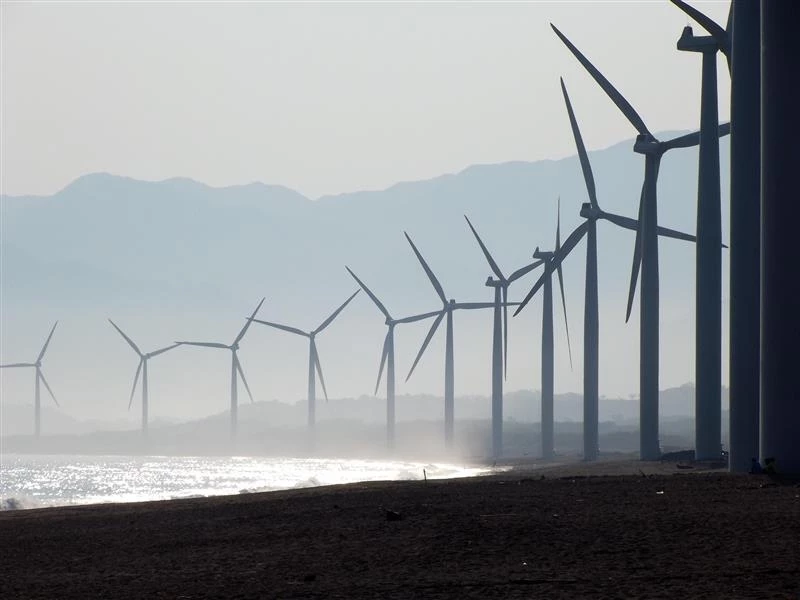Over the last decade, Indonesia's oil & gas sector has been the country's most significant energy supplier, contributing 33.4% of its total energy supply. Despite this, the sector's contribution to Indonesia's gross domestic product (GDP) decreased by 2.6%, allowing other sectors to grow by 4.2%.
An increase in demand for renewable energy sources, such as wind and solar energy, has fueled the sectoral decline. Experts predict that the demand for such energy sources will continue to increase in the years to come and eventually replace oil & gas as the leading energy supplier. In the past decade, environmentally-friendly energy sources have experienced a 4.5% compound annual growth rate (CAGR), showing potential for growth and sustainable development in Indonesia.
Despite the growing interest in energy transition strategies, oil & gas production continues to significantly contribute to fossil fuel CO₂ emissions. In 2021, the Ministry of Energy reported that Indonesian oil and gas players churned out an average of 658,540 barrels of oil per day (BOPD). The sector is witnessing a substantial 13.2% rise in fossil fuel emissions, amounting to nearly 330.5 million metric tons. 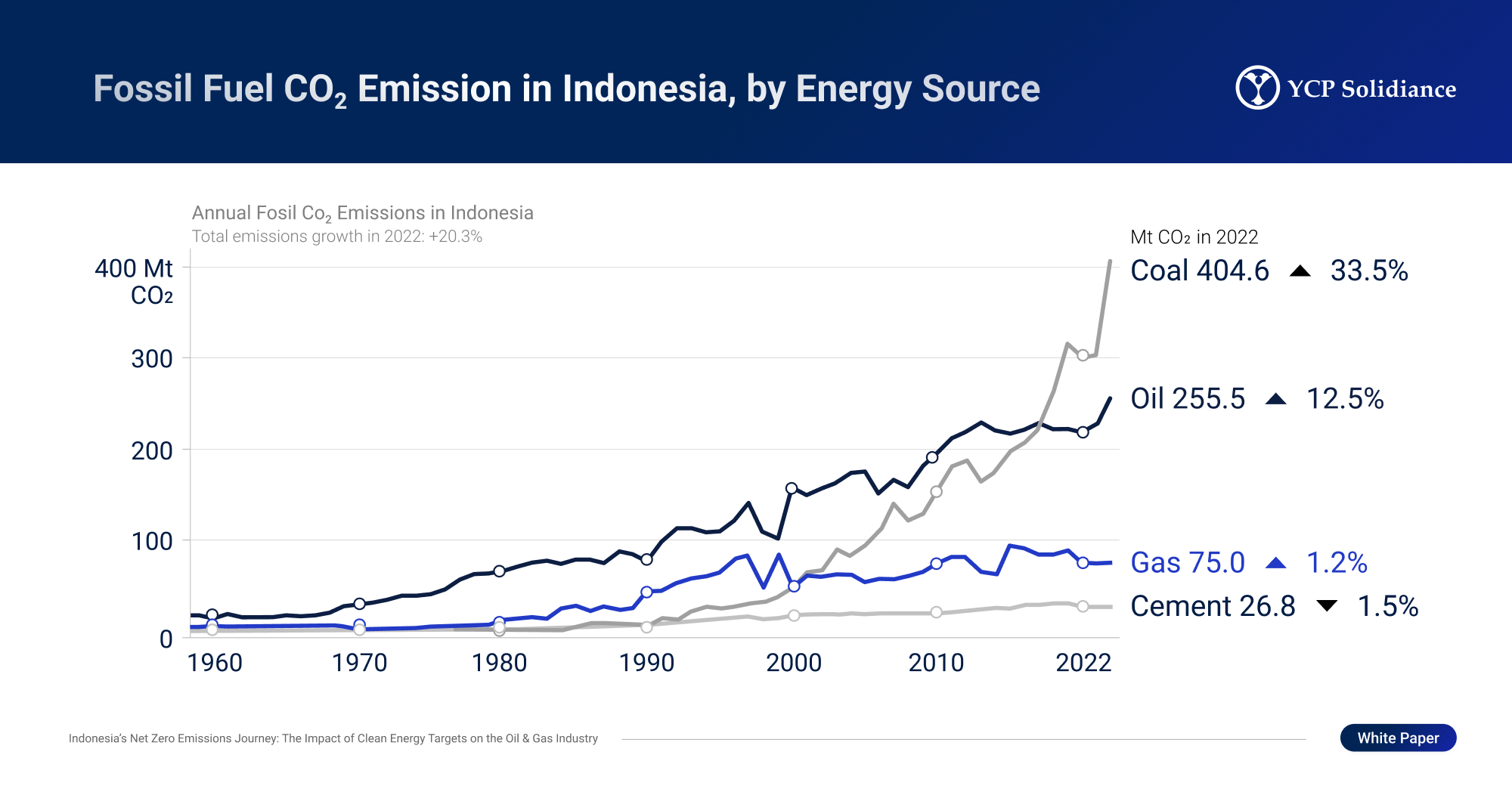
Challenges in Achieving Net Zero Emissions
Although there is a growing need for more NZE initiatives, local oil & gas players face several challenges in executing the renewable energy transition. Such barriers to adopting NZE practices include the following:
- High investment costs associated with emission reduction: Because carbon trading requires a hefty upfront investment, oil and gas companies tend to hesitate to allocate resources to such initiatives. Companies often perceive the financial returns of carbon trading to be uncertain or insufficient compared to their traditional business activities.
- Educational and Regulatory Barriers: Additionally, there is a lack of resource readiness among oil & gas companies, their employees, and stakeholders. They also lack knowledge on carbon trading and its benefits, which significantly hinders its implementation. Educating stakeholders about the importance of carbon trading and its potential environmental impact is crucial in overcoming this lack of resource readiness.
- Uncertainty and the lack of incentives to encourage the shift to NZE: Current regulation tends to focus on regulating companies and institutions once the shift has been made instead of regulating the incentive to push companies to make the shift. Regulatory instability may deter investment and increase perceived risks associated with participating in carbon trading activities.
Download our free white paper to unlock comprehensive insights into Indonesia's oil & gas industry and its pivotal transition towards a net zero emission economy.
Author
Septian Waluyan
Septian is a Partner based in Indonesia. He built his expertise in the consulting industry in Indonesia with a focus in Oil & Gas, Chemicals, Consumer & Retail, and Manufacturing.
Recent White Paper
See All